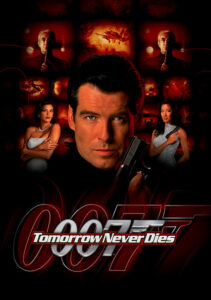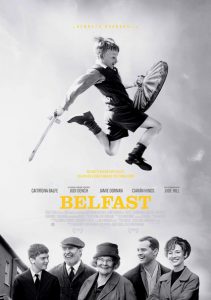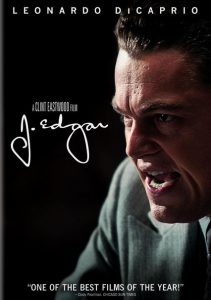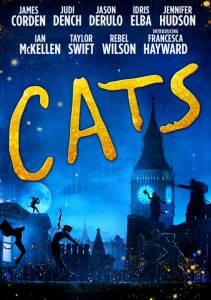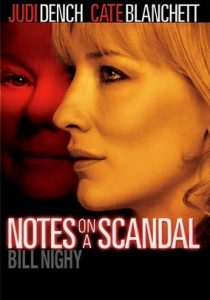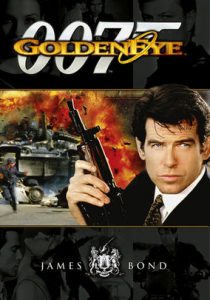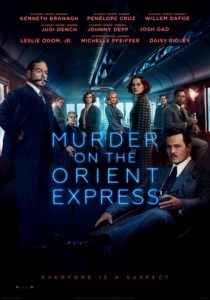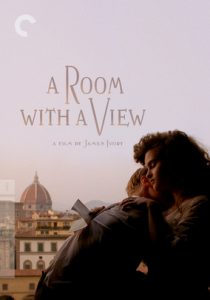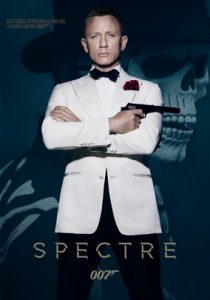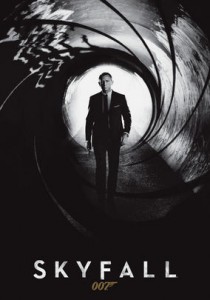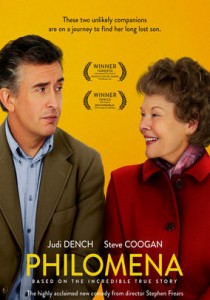Tomorrow Never Dies-1997
Director Roger Spottiswoode
Starring Pierce Brosnan, Michelle Yeoh, Jonathan Pryce
Scott’s Review #1,394
Reviewed August 28, 2023
Grade: B
Pierce Brosnan made four appearances as the legendary film character, James Bond. While he gets a marginal thumbs up as a whole and is not my favorite Bond he has the ‘look’ and suave charisma.
This works in his favor and makes him purely believable with every ridiculous one-liner or flat dialogue.
Tomorrow Never Dies (1997) is the second chapter in the Brosnan book and is only marginally superior to GoldenEye made two years earlier in 1995. All bets are that the two subsequent Bond films starring Brosnan nosedive quickly.
All good Bond films must contain specific qualities like a good villain, a sexy yet strong ‘Bond girl’, dazzling stunts and chase scenes, a memorable theme song, and more than one exotic locale.
It’s just what the blueprint is and must never be broken.
Therefore, Tomorrow Never Dies feels more like the producers, and director, Roger Spottiswoode, and writer, Bruce Feirstein sought a check box checking off exercise rather than creating anything brilliant or memorable.
I deem this film rather ordinary. Not bad but not superior either falling middle of the road when compared to other Bond franchise films.
Media mogul Elliot Carver, played completely over the top by actor Jonathan Pryce wants his news empire to reach every country on the globe, but the Chinese government will not allow him to broadcast there.
Carver then decides to use his media empire to wreak war between the Western world and China. Thankfully, James Bond (Brosnan) is on the job and travels to China to stop him with the help of Chinese secret agent Wai Lin (Michelle Yeoh).
Anyone who knows a Bond film knows that the plot is secondary to the aforementioned necessary characteristics. The story either got too complicated as the film progressed or I lost interest because at some point all I recollect was a news media tycoon wanting to start World War III over television ratings.
Yeoh is an exceptional ‘Bond girl’ though the dose of progressivism, diversity, and female empowerment she brings to the table makes the term beneath her. Her charisma, and martial arts chops, make her a kick-ass rival though she naturally ends up head over heels for Bond.
Still, the lengthy scenes between Yeoh and Brosnan do contain strong chemistry as they decimate the bad guys and save the world together.
I expected a bit more from Teri Hatcher’s character of Paris Carver, a former girlfriend of Bond who is now Carver’s trophy wife. The setup was superior and the love triangle could have gone further than killing off her character after just a couple of scenes.
As great as an actor as Pryce is it’s tough to believe he’s the same actor who made films like Two Popes (2019) and The Wife (2017) so good. He turns Elliot into a caricature dead set on controlling the world proving that an actor can’t always bring a mediocre script to life.
Tomorrow Never Dies brings the viewers to lavish locations like Bangkok, China, Hamburg, Germany, and in and around London. The tone has a definitively Asian feel which works like You Only Live Twice did in 1967.
Finally, the title theme song and opening performed by Sheryl Crow is abysmal but oddly sounds much better in the version that plays over the ending credits.
I marginally recommend Tomorrow Never Dies (1997) mostly for those in the Brosnan camp which I am aware there are many. Its best quality lies in the level of equality between Bond and the main female character Wai Lin which is another proof of how relevant the franchise remains.
